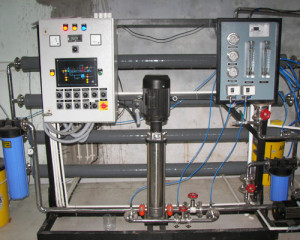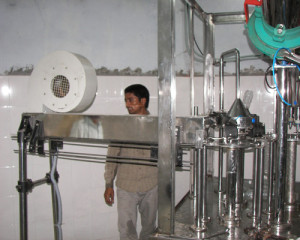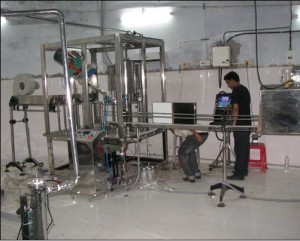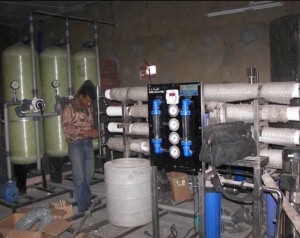Water is something next to life, without it life would be rather incomplete but we often overlook the importance of having water in its purified form. The water we generally procure is high on its TDS (total dissolved solids) content.
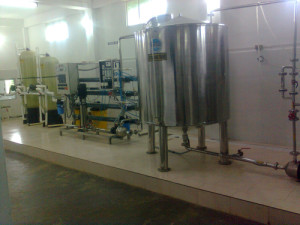 The elements that are generally found in water include micro organisms like bacteria, viruses, mineral salts, lead, arsenic, pesticides and umpteen other harmful substances. Hence it is really important to grow the consciousness about having the purified water.┬Ā There comes the utility of setting up a water purifying plant.
The elements that are generally found in water include micro organisms like bacteria, viruses, mineral salts, lead, arsenic, pesticides and umpteen other harmful substances. Hence it is really important to grow the consciousness about having the purified water.┬Ā There comes the utility of setting up a water purifying plant.
The plants also come in various forms in accordance to the specific needs. It can be a water treatment plant for treating the water in order to get rid of the different impurities in it. In case the water is high on its mineral content then a water softening plant plays a great role in minimizing the amount of minerals that tend to make the water hard.
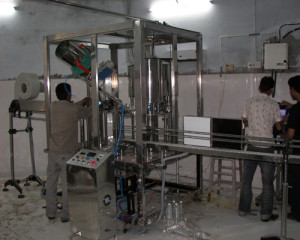
The reverse osmosis (RO) is one of the most important water treatment processes that indeed play a significant part in removing the excess TDS in the most useful water. Thus the water becomes suitable for drinking and other household and industrial purposes. There was once a time when not much attention is being put about treating the water and they are consumed directly.
Now with the increasing e=rate of pollution and the growing consciousness about the mal effect of impure water on our health have┬Ā made it mandatory to check that the water has been passed through adequate treatment procedures┬Ā before it is made available for consumption.

